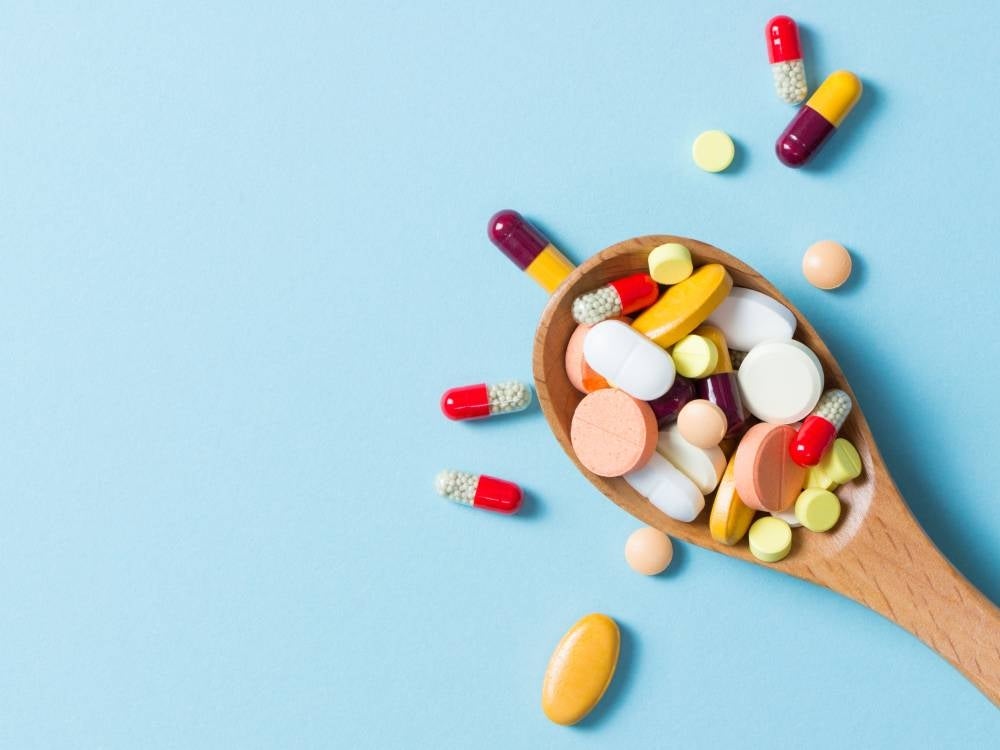Antibiotics: An Endangered Privilege
AUDREY LIM
Antibiotics refer to medicines used to treat bacterial infections. Antibiotics were first discovered in 1928.
With the progression of time, we now have several types of antibiotics available for use in the medical field.
Antibiotics are chosen based on the causal organism (the bacteria causing the infection) and the patient’s condition upon doctor’s examination.
Not all infections require antibiotics.
Most illnesses with symptoms such as fever, cough and runny nose are caused by viruses, which do not necessitate antibiotics.
This is because antibiotics are only useful in the treatment of infections caused by bacteria.
Antibiotics are of no help in treating infections caused by other microorganisms such as viruses and fungi.
Since its discovery, it cannot be denied that antibiotics have brought us abundant benefits and advancements in the medical field.
However, its use has also promoted growth in other sectors, such as livestock and agriculture. For example, antibiotics are given to livestock in specific doses to aid growth and prevent any possible infections.
Irrational use of antibiotics in multiple sectors has now led to an increase in “antibiotic resistance”.
Antibiotic resistance occurs when the bacteria causing an infection can withstand the intended effects of antibiotics.
This happened because bacteria undergo mutations that enable them to resist the bactericidal (bacteria-killing) effects of antibiotics.
The bacteria which are “antibiotic-resistant” are then said to be immune to antibiotics. As such, infections caused by these mutated bacteria are arduously challenging to treat.
One well-known antibiotic-resistant bacteria, or better termed; “superbug” is the Methicillin-Resistant Staphylococcus Aureus (MRSA) which can cause life-threatening infections.
This leads to several questions; how does antibiotic resistance transpire? What actions can cause a rise in antibiotic resistance?
There are several reasons:
Treating infections with antibiotics that do not require them
Antibiotics used in inappropriate durations (treatment durations that are either too long or too short)
Antibiotics course stopped prematurely without medical advice because the patient begins to feel better
Use of antibiotics in unsuitable doses, either too much or too little than what is required
Sharing antibiotics with other individuals
Reusing ‘leftover’ antibiotics for future infections
The misuse or inappropriate use of antibiotics has led to the rise of antibiotic resistance, leading to increased difficulty and complexity in treating infections. As a consequence, we are faced with inflated treatment costs, prolonged treatment duration and a higher risk of deaths.
Public Awareness
The community has to be informed about the importance of antibiotics as well as the dangers of antibiotic resistance. Members of the community should keep themselves updated from time to time regarding the use of antibiotics.
Currently, there are several programs made available by the Health Ministry to enhance public knowledge regarding the effective use of antibiotics.
One of the programmes is the “Antibiotic Awareness Week”. It is campaigned worldwide every year to increase public awareness concerning the dangers of antibiotic resistance.
During the campaign period, information regarding antibiotic resistance is broadcasted publicly in several ways, which includes public talks, exhibitions, and handing out printed materials.
This year’s Antibiotic Awareness Week will take place from Nov 18 to 24.
Health Ministry and several other ministries such as the Education Ministry and Agriculture and Agro-Based Industry Ministry have joined forces to launch the “Malaysian Action Plan on Antimicrobial Resistance”, (MyAP-AMR) from the year 2017 to 2021 to encourage the judicious use of antibiotics.
Because the issue of antibiotic resistance in the country comprises several components, mainly human health, animal health, the food chain and mother nature, the MyAP-AMR was implemented using an integrated approach incorporating numerous governing bodies.
Together, we can address the issue of antibiotic resistance by paying attention to the following points:
Antibiotics can only be supplied by registered medical practitioners or purchased from community pharmacies with a valid prescription.
Avoid harassing doctors for antibiotics, especially when the illness does not require antibiotics.
Always follow your healthcare professional’s advice when using antibiotics. Take your antibiotics according to the prescribed dose and duration.
Never share antibiotics with others, or use leftover antibiotics for future infections.
Learn the steps for infection prevention, such as up-to-date immunisations, good personal hygiene which includes proper handwashing techniques, and ensuring food safety.
Avoid buying antibiotics online or from disreputable sources as these purchases may result in dreadful consequences.
Please call the National Pharmacy Call Centre (NPCC) at the toll-free line 1800-88- 6722, weekdays from 8am to 5pm if there are any inquiries regarding the use of medicines.
Audrey Lim is a pharmacist with the Health Ministry.
Download Sinar Daily application.Click Here!














